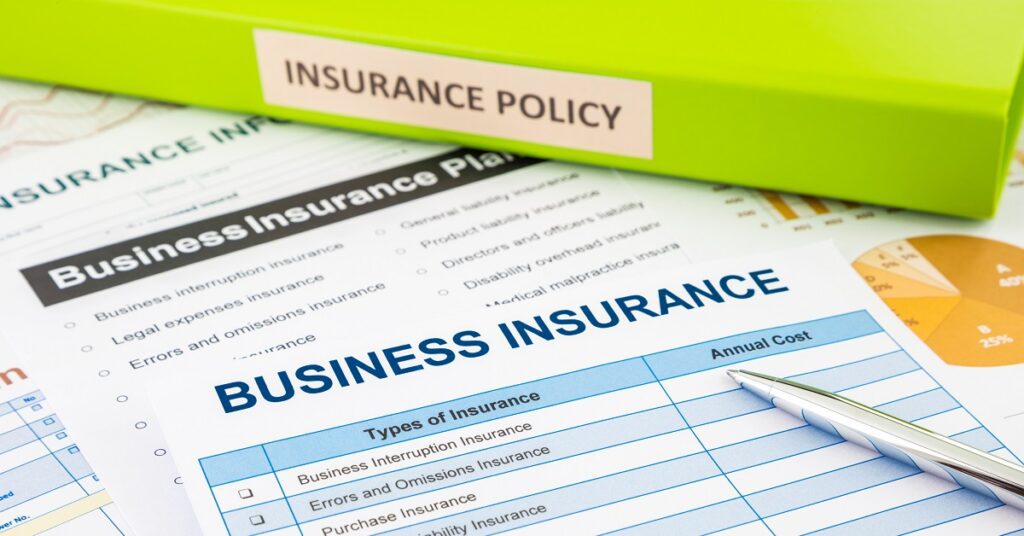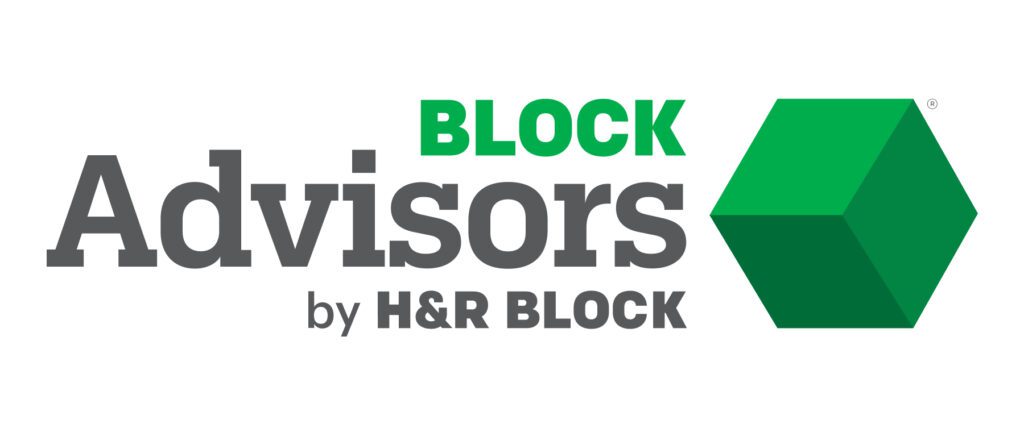How much is business insurance for a small business?
7 min read
October 31, 2023 • Block Advisors
Small business insurance costs can vary widely. Your cost will depend on the type(s) of insurance you buy. This decision is not something to overlook as a small business owner. Business insurance is important for every small business, even one with few or no employees.

Business insurance reduces your financial liability for certain things like theft or property damage. If you’re just getting started as a small business owner you may be asking yourself how much business insurance should cost, or how you can lower your costs. We’ll answer these questions and more to ensure that you feel confident in your business insurance choices.
Average cost of small business insurance
The average cost of small business insurance largely depends on your unique situation. In general, the more coverage you need the more you will spend. Insurance policy coverage and expenses vary from company to company. The good news is that many types of small business insurance can be leveraged for a tax deduction. However, there are a few common types of insurance. Keep reading to learn about average insurance costs broken down by the type of small business insurance.
General liability insurance
General liability insurance offers financial protection from lawsuits and claims if your business is held responsible for someone’s injuries or damage to their property. Usually, general liability insurance averages around $300 – $400 a year.
Commercial property insurance
Commercial property insurance protects your small business from losses if your business property is stolen or damaged by a natural disaster, fire, or other problem. On average, commercial property insurance costs around $60 – $70 a year.
Workers’ compensation insurance
Workers’ compensation insurance helps employees who are injured while working. It typically pays for medical expenses, lost wages, and more. Workers’ compensation laws and tax guidelines vary from state by state. In most cases, you will be legally required to have this insurance if you have at least one employee. On average, it costs $800 – $900 a year.
Inland marine insurance
Inland marine insurance protects your company if something happens to your property or products while in transit. This type of insurance costs around $150-$175 a year. The median cost, though, may change depending on your business and coverage needs. More coverage will likely also cost more.
Business interruption insurance
Business interruption insurance helps your business replace income losses and pay operating expenses if your business must be temporarily closed due to circumstances covered by your policy. It generally averages between $450 – $1,500 a year.
Cyber liability insurance
Cyber liability insurance protects your company in the event of a cyberattack. This type of policy generally covers costs associated with getting your business back on track after a cyberattack, including any associated legal fees. Its average price is around $1500 – $1700 a year.
Save up to 30% on Tax Prep
Get affordable expertise year round
What factors affect small business insurance costs?
Small business insurance ranges in price. The cost depends on several key factors – we’ve outlined a few of these factors below.
Business industry
The industry your business operates in impacts your insurance costs. Some industries are inherently riskier than others. Higher risk leads to higher premiums.
Business location
The price of insurance types tied to business property varies by state and zip code. For example, a business in a rural area may have higher rates because fire departments are less accessible. However, a business in a high-traffic area may pay more in liability insurance. Your business’s location may also affect your workers’ compensation insurance cost.
Small business size
The number of employees your business has directly impacts the cost of your insurance. This is because with more employees comes more opportunities for injuries or accidents than when working alone or with a few others.
Payroll and sales
Your workers’ compensation insurance also depends on the size of your annual payroll. Insurers will also look at company revenue and sales (found on an income statement) to determine the appropriate insurance policy.
Prior claims
If your business has a history of insurance claims, this could raise questions for insurers. They may see your business as naturally risky or feel that you aren’t taking the necessary steps to mitigate risks. Either way, it may affect your insurance costs.
Coverage and deductibles
How much your policy pays out if you file a claim impacts the overall cost of your small business insurance. Additionally, choosing a lower deductible may cause the price of your policy to rise. Selecting a policy with a higher deductible may help keep costs lower, but also means you’ll have to pay more out of pocket before insurance kicks in.
[Read Must-Have Tips to Start Your Small Business]
6 ways to lower costs of business insurance
With all the different types of policies and varying costs, business insurance costs can add up. It may quickly feel overwhelming. Ultimately, one good way to minimize your costs is to make as few claims against your policy as possible. However, if you need to make a claim you shouldn’t be afraid to. After all, that’s why you have insurance.
There are other ways of keeping the costs of business insurance in check. Still, there are often trade-offs to be aware of. Speak with an insurance professional or business advisor who can help you understand your unique business situation. They may suggest one or more of the following tactics. Don’t forget many small business insurance costs are tax deductible!
Raise your deductible
If you’re looking to lower costs on business insurance, first consider adjusting your deductible. A lower deductible generally means you’ll pay higher insurance premiums but incur lower out-of-pocket costs when you end up needing to use insurance coverage. Raising the deductible usually results in lower premiums, but a higher out-of-pocket cost when a claim is filed. You can see how it may be risky to raise your deductible. It is wise to ensure your deductible amount is one you want and will be able to cover.
Cut unnecessary coverage
Most business owners have at least a blanket general liability insurance policy and required workers’ comp insurance – often there is a legally mandated minimum for these types of insurance. For the other insurance options, though, consider carefully if you really need the coverage. Do your research to understand your small business’ insurance needs.
Look for package deals
Many insurance providers will offer a discount if you purchase several policies at once. Bundled business owner plans may be less expensive than buying the policies individually.
Shop around first
Shop around at different insurance companies before making your final decision. Get quotes for your insurance needs from several places. Compare prices, coverage levels, customer service, and other factors to determine which will work bestyou’re your small business.
Reduce business risk
As mentioned, some industries are inherently riskier than others. But there are strategies to reduce your risk. Talk with insurance companies to see what can be done to prevent losses. Look into theft-prevention programs, build a disaster prevention plan, or seek out human resources training.
Seek out discounts
Don’t hesitate to ask insurance companies about possible discounts. Small businesses may be eligible for certain discounts. You may also come across safety and loyalty discounts. Some insurance companies even offer discounts if you pay in advance, typically if you buy 3, 6, or 12 months at a time.
Business insurance cost: guide for 2023
Business insurance can cost a hefty sum. But it’s one way to protect your company from costly damages and safeguard the hard work you’ve put into starting and operating your small business.
Deciding to get business insurance is just one of the challenges and responsibilities that come with owning a small business. The experts at Block Advisors can help you with other small business needs. From bookkeeping services and payroll to small business tax preparation, we’ve got your back.
Get assistance from a Block Advisors expert today.




